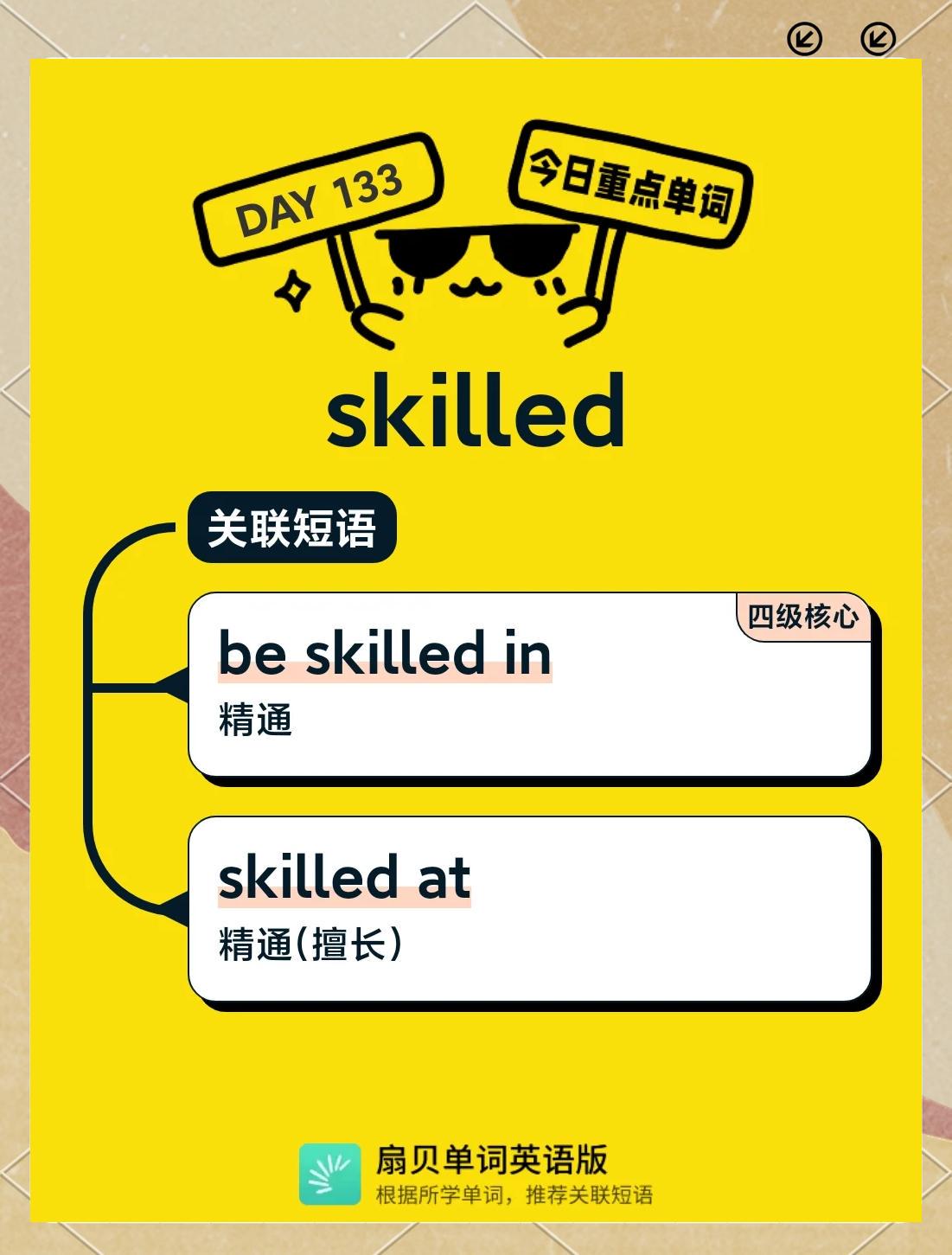=====================================
Quantitative trading, or “quant trading,” is a highly specialized field that combines finance, mathematics, and computer science. In the US, quant traders are at the forefront of financial markets, leveraging sophisticated mathematical models and algorithms to make profitable trading decisions. However, breaking into this field requires a unique skill set, which can be both broad and deep, spanning across multiple disciplines. In this article, we’ll explore the essential skills that US quant traders need, as well as the latest trends and strategies to succeed in this competitive industry.

Essential Skills for US Quant Traders
1. Strong Mathematical Foundation
Mathematics is at the core of quantitative trading. A solid grasp of various mathematical concepts is essential for designing algorithms, understanding statistical models, and making data-driven decisions.
Key Mathematical Skills:
- Probability and Statistics: Quant traders must be comfortable with probability theory and statistical analysis, as these tools help them understand risk and predict market behavior.
- Calculus: Derivatives and integrals are frequently used in financial modeling, particularly for options pricing and the study of stochastic processes.
- Linear Algebra: Concepts like matrices and vectors are fundamental in areas like machine learning, portfolio optimization, and risk management.
- Stochastic Processes: A deep understanding of processes like Brownian motion is essential for modeling random market movements.
Why It Matters:
Quant traders use mathematics to build models that can predict price movements, optimize portfolios, and manage risk. A robust mathematical skill set is crucial for developing algorithms that can analyze large datasets and make fast, accurate decisions.
2. Advanced Programming Skills
Programming is a key component of quant trading, enabling traders to implement complex algorithms and analyze massive datasets quickly. Python, C++, and Java are commonly used languages in the industry.
Key Programming Languages:
- Python: Widely used due to its simplicity and extensive libraries (e.g., NumPy, pandas, scikit-learn) that make data manipulation and machine learning easier.
- C++: Known for its speed and performance, especially in high-frequency trading (HFT), where milliseconds matter.
- Java: Often used for developing large-scale systems and trading platforms.
- R: Popular for statistical analysis and building financial models.
Why It Matters:
The ability to write and optimize efficient code is vital for quant traders to design trading algorithms that can react to market changes in real-time. Efficient programming also minimizes system downtime and reduces computational costs.
3. Financial Knowledge and Market Understanding
While quant traders focus on models and algorithms, they must also possess a solid understanding of the financial markets, instruments, and economic factors that influence price movements.
Key Areas of Financial Knowledge:
- Derivatives and Options Pricing: Understanding complex financial instruments such as options, futures, and swaps is essential for many quant strategies.
- Asset Pricing Models: Familiarity with models like the Capital Asset Pricing Model (CAPM) or the Black-Scholes Model is necessary to assess risk and return in trading strategies.
- Market Microstructure: Knowledge of how markets operate, including liquidity, order types, and execution strategies, is critical, particularly for high-frequency traders.
Why It Matters:
Even the most advanced algorithms are useless if traders don’t understand how the market functions. Financial knowledge helps quant traders interpret the signals their models produce and ensure that their strategies align with real-world conditions.
4. Data Analysis and Machine Learning
Quantitative traders work with large volumes of data, making data analysis and machine learning crucial skills. The ability to process and derive actionable insights from data is fundamental to developing profitable strategies.
Key Skills in Data Analysis:
- Data Cleaning and Preprocessing: Before any analysis can begin, raw data must be cleaned and preprocessed to remove errors and fill gaps.
- Feature Engineering: Creating meaningful features from raw data is a key step in building predictive models.
- Machine Learning Algorithms: Understanding algorithms such as regression, decision trees, neural networks, and clustering is essential for identifying patterns in financial data.
- Deep Learning: Advanced traders may use deep learning techniques for more sophisticated analysis, such as in natural language processing (NLP) for sentiment analysis.
Why It Matters:
Data-driven models are central to quant trading, and machine learning allows traders to detect complex patterns in data that traditional analysis might miss. This is particularly useful for identifying emerging trends and making real-time predictions.
5. Risk Management
Risk management is crucial for protecting capital in volatile markets. Quant traders must develop strategies to minimize losses while maximizing profits, often using mathematical models to assess and manage risk.
Key Risk Management Techniques:
- Value at Risk (VaR): A statistical technique used to measure the potential loss in a portfolio over a given time period at a specific confidence level.
- Monte Carlo Simulations: Used to model the probability of different outcomes based on random sampling.
- Portfolio Optimization: Techniques such as Markowitz’s efficient frontier are used to maximize returns for a given level of risk.
Why It Matters:
Effective risk management ensures that quant traders can sustain long-term profitability, even during periods of market stress. Without proper risk controls, even the best strategies can lead to significant losses.

Key Strategies Employed by Quant Traders
1. Statistical Arbitrage
Statistical arbitrage involves using mathematical models to identify price inefficiencies between related securities. Quant traders exploit these inefficiencies by simultaneously buying and selling assets to lock in a profit.
Pros:
- Can be highly profitable in highly liquid markets.
- Often works well in markets with low volatility.
Cons:
- Requires high-frequency trading infrastructure.
- Profits are small per trade, requiring high volume to generate substantial returns.
2. Market Making
Market making is a strategy in which quant traders provide liquidity by simultaneously quoting buy and sell prices for assets. By doing this, they earn the spread between buying and selling prices.
Pros:
- Steady income from bid-ask spreads.
- Suitable for high-frequency trading.
Cons:
- Can result in losses during periods of high volatility or market crashes.
- Requires sophisticated risk management to handle large positions.
FAQ: Skills and Careers for Quant Traders
1. What qualifications do I need to become a quant trader in the US?
Most quant traders in the US have a strong academic background in fields like finance, mathematics, computer science, or engineering. A Master’s or Ph.D. in a related field is common, though not always necessary. Proficiency in programming languages, such as Python and C++, is also essential.
2. How do I increase my chances of landing a quant trading job in the US?
In addition to a strong educational background, gaining experience in programming and financial modeling is critical. You should also familiarize yourself with trading platforms and quantitative analysis techniques. Networking, internships, and projects that demonstrate your skills can improve your chances.
3. What is the typical salary for a quant trader in the US?
Quant traders can earn substantial salaries, particularly at top-tier hedge funds and financial institutions. Entry-level positions may start at \(100,000 per year, while experienced quants can earn upwards of \)300,000, with bonuses often surpassing base salaries.

Conclusion
To succeed as a quant trader in the US, professionals need a combination of mathematical prowess, programming expertise, financial knowledge, and strong risk management skills. As the field of quantitative trading continues to evolve, staying current with new technologies and methodologies is essential. For those seeking to break into this highly competitive industry, developing expertise in these key areas will provide a strong foundation for success.

0 Comments
Leave a Comment